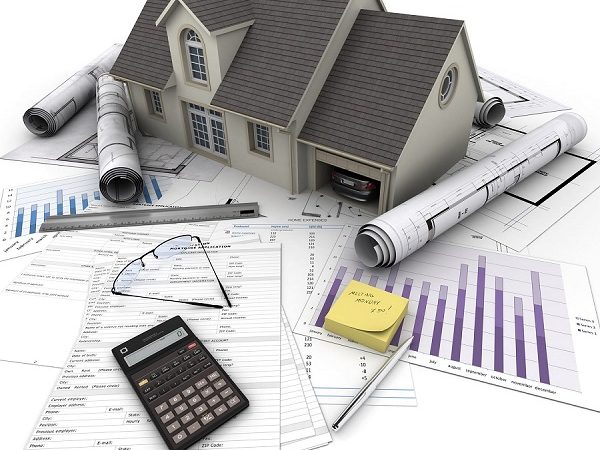Have you always dreamt of a home for you and your family? Whether it’s an apartment or an independent villa in the suburbs, buying a home can be quite an expensive endeavour. You may also want to own more than one home—maybe use one as a holiday home, or even let it out for rent.
While real estate is booming with the expansion of most cities, residential property is a great choice for investment. So, if you have a good offer at hand, don’t hesitate to go ahead and seal the deal with the help of the several Home Loans available. You never know if you can bag such an opportunity again.
Multiple Home Loans
While there is no well-defined limit to taking multiple Home Loans—some experts say you can take up to 20 loans at a time—there are certain constraints that can restrain you from opting for over a few. You don’t even need to approach several banks in certain cases. Just one bank can handle your debt portfolio, as long as you have the capacity to handle the loan.
The first and most important criteria is to check your Home Loan eligibility for an additional loan. Once you’ve met this requirement, the next most important category is your Credit Score. Only if you have a strong credit score history with timely payments in the past, the lender may consider your loan application. Also, remember that too many enquiries can affect your credit scores. Since it’s more than one loan, it’s important to ensure your EMIs don’t exceed over 75% of your salary.
This is probably one of the most basic factors to consider when you apply for Home Loan—ensure your property is registered and is under no legal dispute for a smooth loan operation. Ensure the Loan-to-Value ratio is between 75-90% on the loan amount you wish to borrow.
Depending on your income and monthly budget, you’ll need to chalk out the details and determine if an additional Home Loan is within your monetary capacity. With the help of an EMI calculator, you can determine your affordability—your capacity to pay back the full loan and in time.
Taking that Second Home Loan
There are certain factors to consider once you’ve determined your affordability and are capable of another loan.
When you buy your first home through loan, the property is considered as a self-occupied property and you get a tax benefit on the principal as well as the interest paid. But if you’re taking a second Home Loan on a different residential property, the property is considered to be let-out, as the first property will be the self-occupied one. The tax benefits are not applicable with this scheme of dual Home Loans. This would mean that the tax deduction on the principal amount that you could enjoy on your first loan is not available anymore with the purchase of the second home.
There is however a benefit on the interest payment. There is no limit on the interest paid on your second home. According to section 24, the interest paid on your first home would be Rs. 1.5 lakh. You can claim the entire interest paid through these tax benefits, irrespective of the rent or lease amount you receive on your second home. This interest can be claimed through five equal installments, once the construction of the house is complete and is ready for possession. You can get an estimate of the amount to be taxed, despite monetary losses through the following formula:
Net amount to be taxed = (Rent received) – (standard deduction of municipal taxes which is usually 30%) – (interest on Home Loan)



